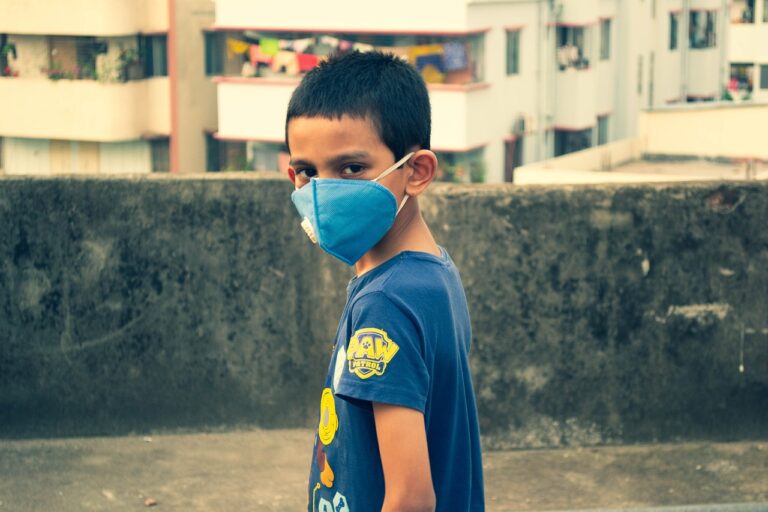The Impact of Environmental Changes on Health
Environmental factors play a crucial role in influencing human health. The air we breathe, the water we drink, and the surroundings we live in have a significant impact on our well-being. Exposure to pollutants in the air, such as particulate matter and harmful gases, can lead to respiratory diseases and exacerbate existing health conditions.
In addition to air pollution, water contamination is another factor that poses a threat to human health. Contaminants like heavy metals, pesticides, and pathogens can enter the water supply through various sources, including industrial runoff and improper waste disposal. When consumed, contaminated water can cause a range of health issues, from gastrointestinal problems to more serious conditions like neurological disorders.
Air Pollution and Respiratory Diseases
Air pollution is a major concern for public health, especially in urban areas where emissions from vehicles, industries, and other sources contribute to poor air quality. These pollutants can irritate the respiratory system, leading to various respiratory diseases such as asthma, chronic bronchitis, and even lung cancer. Particulate matter, nitrogen dioxide, sulfur dioxide, and ozone are some of the common air pollutants that can exacerbate respiratory conditions and pose a risk to human health.
Individuals with pre-existing respiratory conditions are more vulnerable to the effects of air pollution, experiencing worsened symptoms and increased frequency of flare-ups. Children, the elderly, and those with compromised immune systems are also at higher risk of respiratory diseases due to prolonged exposure to polluted air. It is crucial for policymakers to implement regulations and initiatives to reduce air pollution levels and protect the respiratory health of the population.
Water Contamination and Its Effects on Health
Water contamination poses significant risks to human health due to the presence of harmful substances in drinking water sources. When pollutants such as heavy metals, pathogens, or chemical contaminants seep into water bodies, they can lead to a variety of health issues upon consumption. These contaminants can cause gastrointestinal illnesses, skin problems, reproductive issues, and even neurological disorders among those exposed.
Furthermore, the long-term effects of water contamination can be severe, impacting communities for generations. Prolonged exposure to contaminated water sources has been linked to chronic conditions like cancer, developmental delays, and organ damage. Access to clean and safe water is essential for maintaining public health and preventing the spread of waterborne diseases. Efforts to monitor water quality and implement proper filtration and treatment processes are crucial in safeguarding the well-being of individuals and communities.





